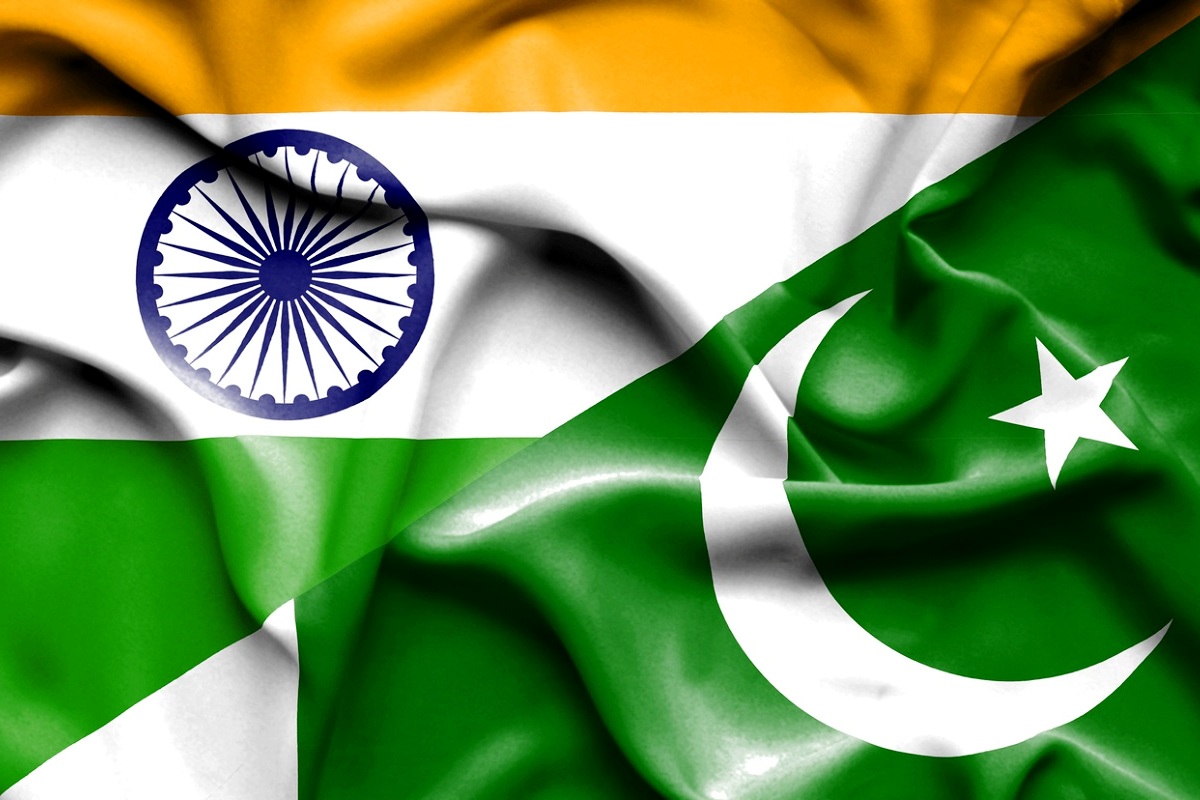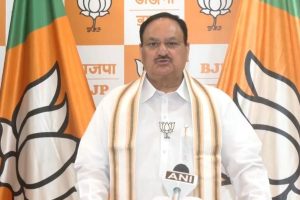The Bard would have described the recent contretemps between India and Pakistan as ‘a tale, told by an idiot, full of sound and fury, signifying nothing’ (Macbeth). The confrontation between the two countries, starting from the Pulwama terror attack gave Indian TV anchormen (more women than men) a great opportunity to literally shout the country into a war. Social media and Indian politicians reflected the same bellicose mood. Saner voices were drowned by blood-curdling cries for retribution. Anyone not subscribing to this jingoistic ideology was liable to be trolled and have his patriotism questioned. The unfortunate capture of Wing Commander Abhinandan brought the horrors of war to the drawing room, quietening the cacophony of warmongers. To our credit, each and every Indian rallied behind the brave pilot. All efforts were made for the Wing Commander’s early release and a huge crowd waited for him to cross the border, despite the late hour of his release.
The way the warlike situation has unfolded and the manner in which it has progressed hold invaluable lessons for the future. This was the first time in history that dropping our stance of peace and abjuring of force in the first instance, we sent our jets deep inside Pakistan to bomb and strafe terrorist targets. Such a warlike gesture would have drawn condemnation from all nations, yet such is the frustration of the world community with Pakistan’s support of terrorism that even the neighbour’s all-weather friends ~ China and Saudi Arabia ~ equivocated in their support to Pakistan. Talk shows in Pakistan were often found condemning terrorism and holding State policy responsible for the situation in which Pakistan found itself.
This paradigm shift in the world’s perception could have been a cause for celebration but our inability to control Pakistan’s military response spoilt the party for us. Perhaps, we forgot that though we had more jets than the Pakistan Air Force, our jets are of 20th century vintage compared to PAF’s more recent acquisitions. The situation was akin to 1965 when our Gnats and Hunters of the World War II era had to confront the state-of-the art US made F-104 Starfighters and Sabrejets. Our eternal gratitude is due to the brave pilots and airmen who came out on top even in such adverse circumstances ~ then and now.
The main lesson from the 1948 war, when Pakistan invaded Kashmir through proxies, was not to trust the United Nations to act according to its stated principles. The 1962 war with China taught us not to take anyone at face value and be prepared for war at all times. The 1965 war, where we did not press forward even when Lahore and the whole of Punjab lay open before us, taught us not to leave things unfinished. The 1971 war, where we could garner only three votes (including our own) in the UN General Assembly, showed us the advantage of aligning ourselves with a superpower. The 1999 Kargil skirmish taught us not to leave our borders unattended at any time.
All these lessons were internalised and applied in successive wars. For example, we never went crying to the UN after 1948. Furthermore, we did not leave the Bangladesh war halfway till we had dismembered East Pakistan.
But there are a number of lessons we have stubbornly refused to learn. ‘The more you toil in peace the less you bleed in war’ is trite but true. Yet, we have not created sufficient infrastructure like roads, railways and airfields in areas bordering China, which threatens us knowing fully well that we will never be able to respond adequately. After the Bofors episode, all Governments have an irrational fear of purchasing modern arms for our armed forces or allowing the indigenous defence industry to grow, with the result that our army is perpetually fighting with obsolete weapons. Also, the armed forces feel disheartened by the downgrading of their status vis-a-vis the civilian bureaucracy, which is a recurring phenomenon irrespective of the party in power.
The learnings from the recent confrontation, which was televised almost live, are in an altogether different dimension. Regrettably, during the face-off, throwing caution to the wind, TV channels almost forced the Government to retaliate immediately, giving the armed forces little time to prepare and at the same time forewarning the enemy of impending action. Seen in this perspective, regardless of the consequences of the Balakot bombing, which according to the Western press did little damage but according to our media killed a number of terrorists, gave a powerful message to Pakistan, i.e. even without the surprise element Indian aircraft can effortlessly penetrate hundreds of miles into its territory, without facing any opposition. Had the Government given timely briefings in sober tones and had it advised the media to exercise restraint, the sabre rattling, which forced the hands of both India and Pakistan would have been avoided. Incidentally, a large section of the public was in favour of sending TV anchors to the front to fight the war they were trying to precipitate.
There is need to stop believing in miracle solutions. Many of us sincerely believe that if the US expresses support for us against Pakistan, then it would also come to our aid to clobber Pakistan. Little do they realise that the US leadership speaks in a different voice to the Pakistani audience. Similar is the issue of declaring Masood Azhar as an international terrorist by the UN; even if Azhar is eliminated, dozens of equally indoctrinated Mujahideen are in the wings to don his mantle.
We should also stop blaming Muslims for Pakistan’s perfidy, as none of our countrymen is responsible for its erratic behaviour. This mindset only encourages Pakistan in its misadventures, thinking that it will have the support of Indian Muslims in a war-like situation.
The political leadership should have spoken in a less strident and divisive tone. Even at the height of the confrontation, the Government and the Opposition were advising each other to stand united, but at the same time were playing an unending blame-game. Even now, responsible elements in our country should avoid chest thumping and express claims of victory lest they foment more tension.
Pakistan’s Prime Minister Imran Khan sounded much more reasonable than our political leaders. His offer of talks and peace should not be brushed aside lightly. As it stands alone, almost a pariah in the world community, the lessons for Pakistan from the present engagement are more sobering. The philosophy of bleeding India through a thousand cuts has come unstuck. India is willing to retaliate against the terrorist pinpricks, even at the risk of a war in the process. The message is clear for Pakistan ~ It can either send its terrorists packing or face damaging consequences and international opprobrium.
One can only hope that leaders of both countries display maturity and opt for peace over eternal conflict.
(The writer is a retired Principal Chief Commissioner of Income-Tax)











